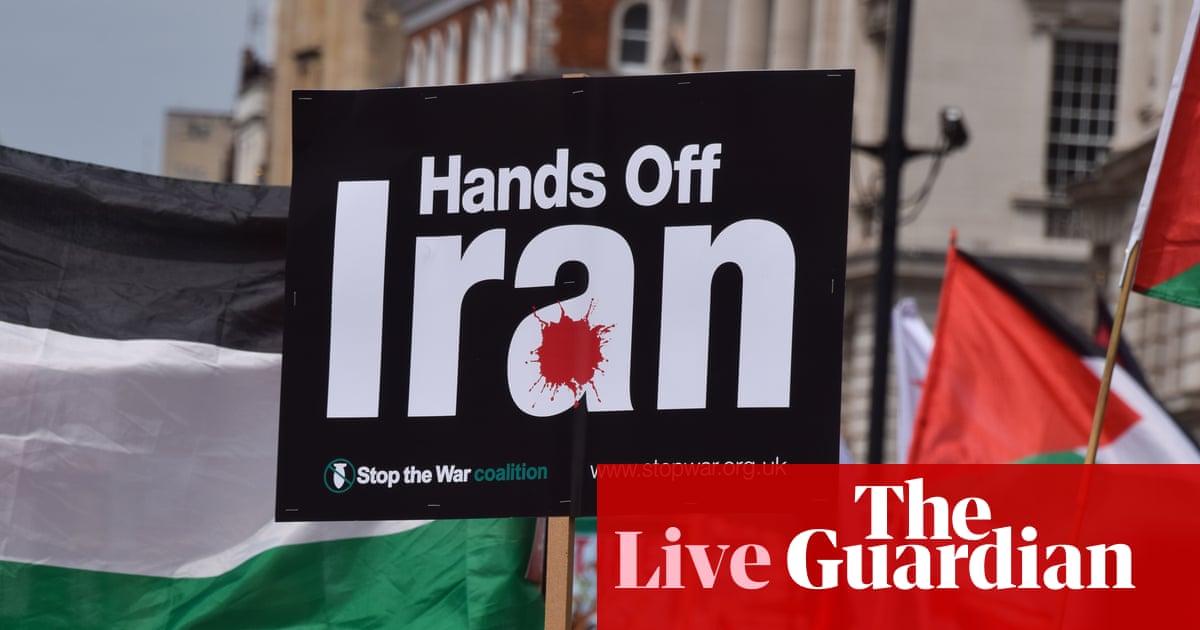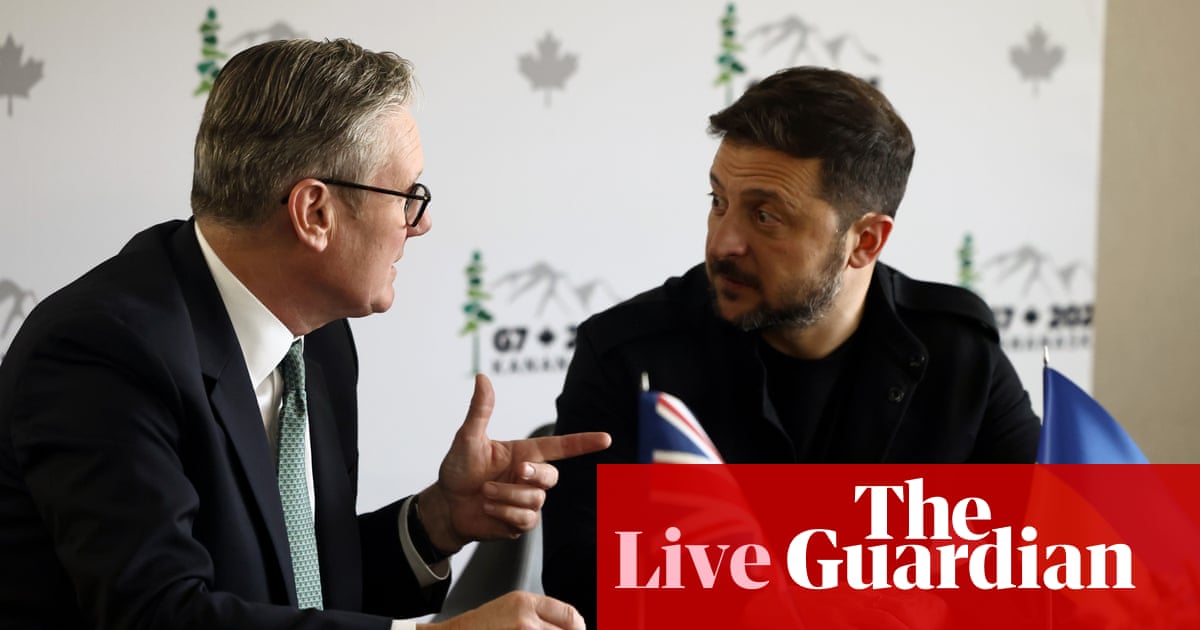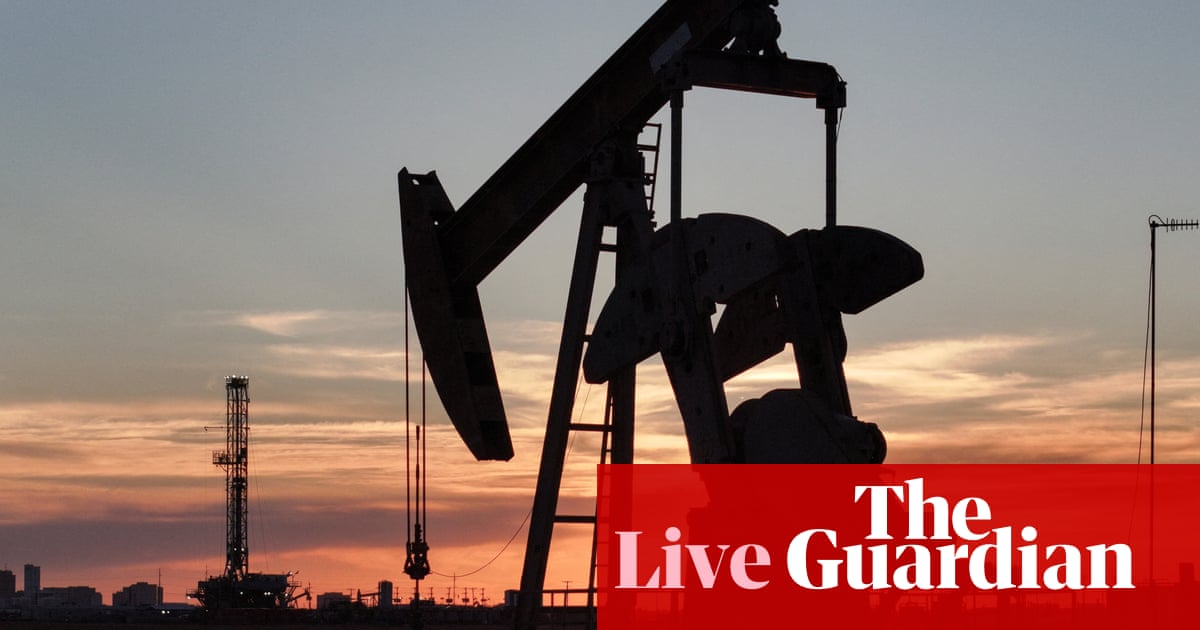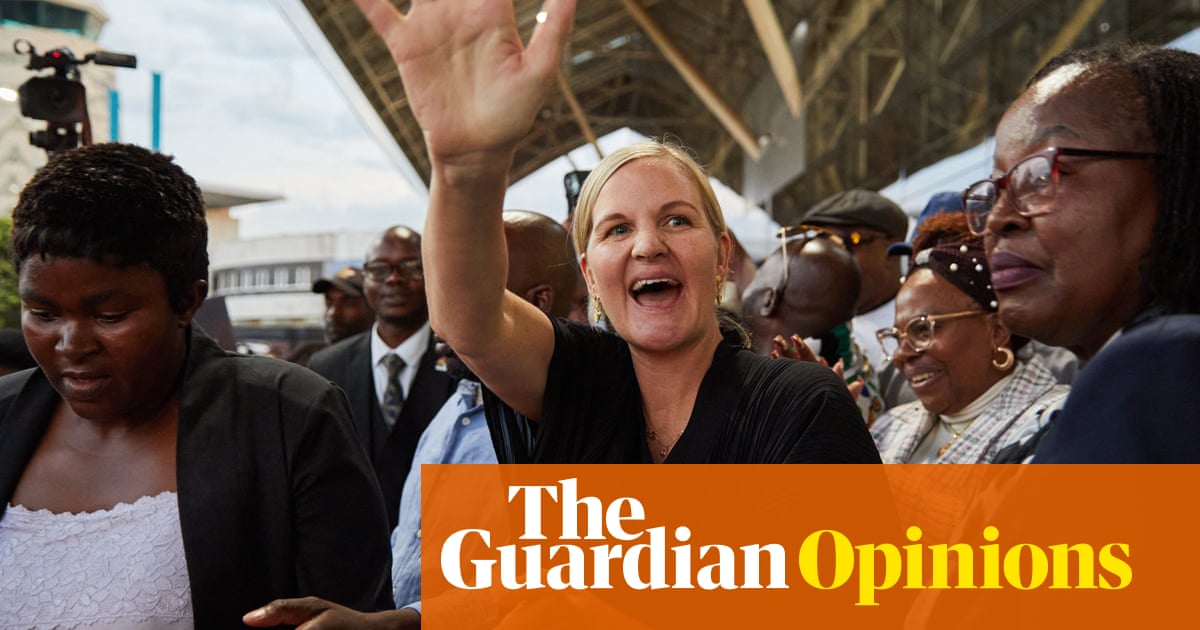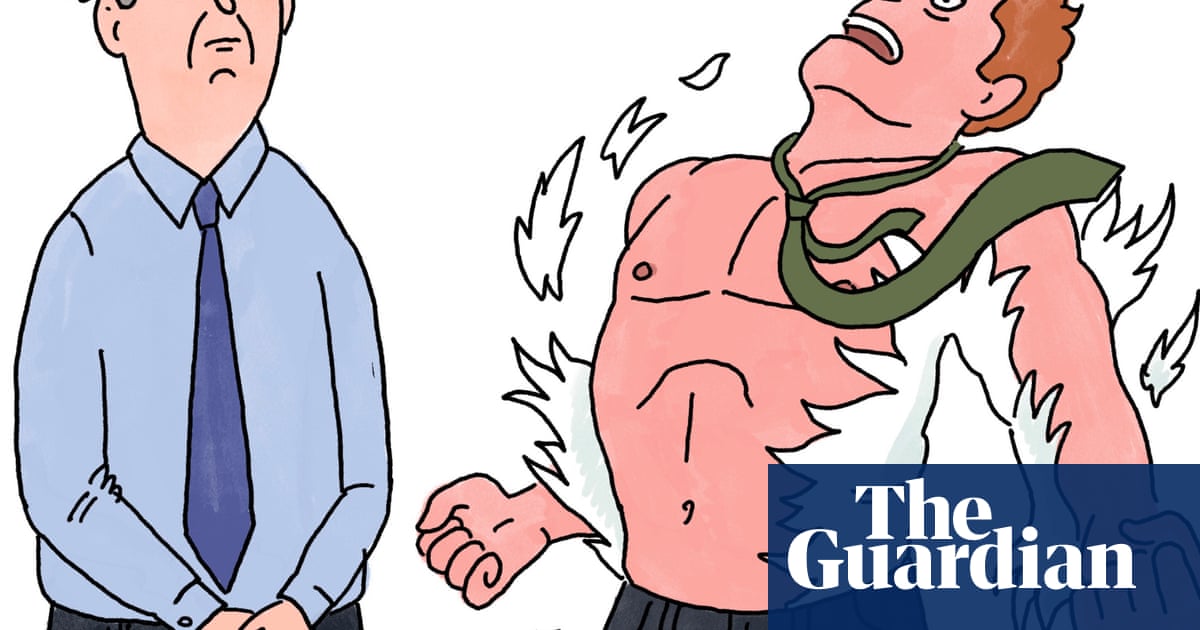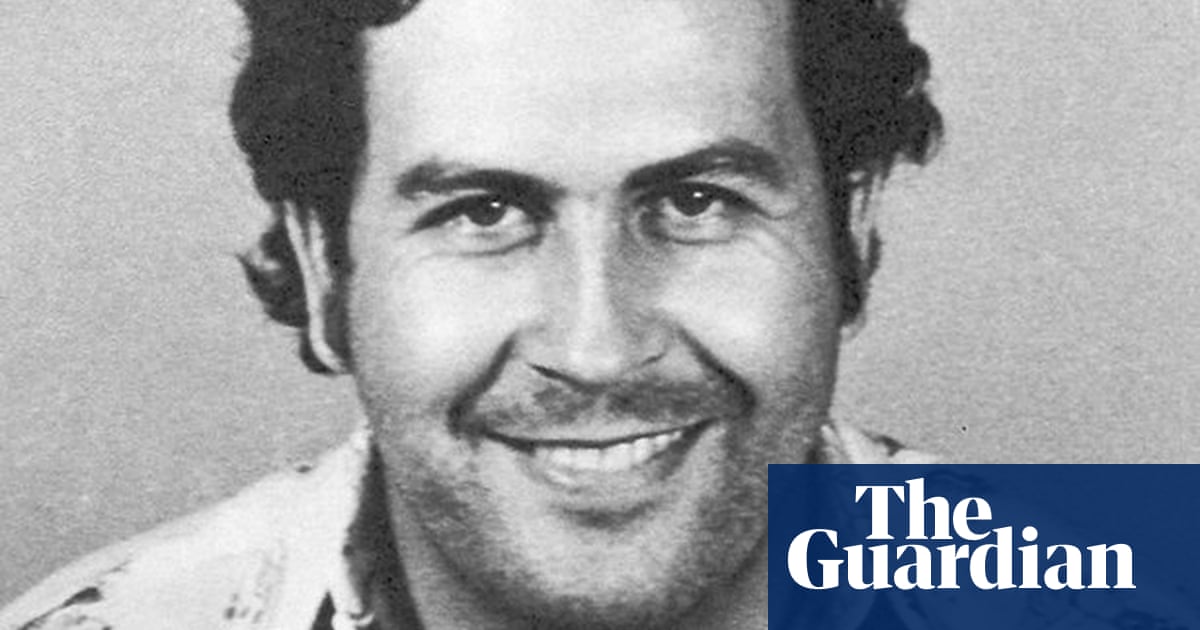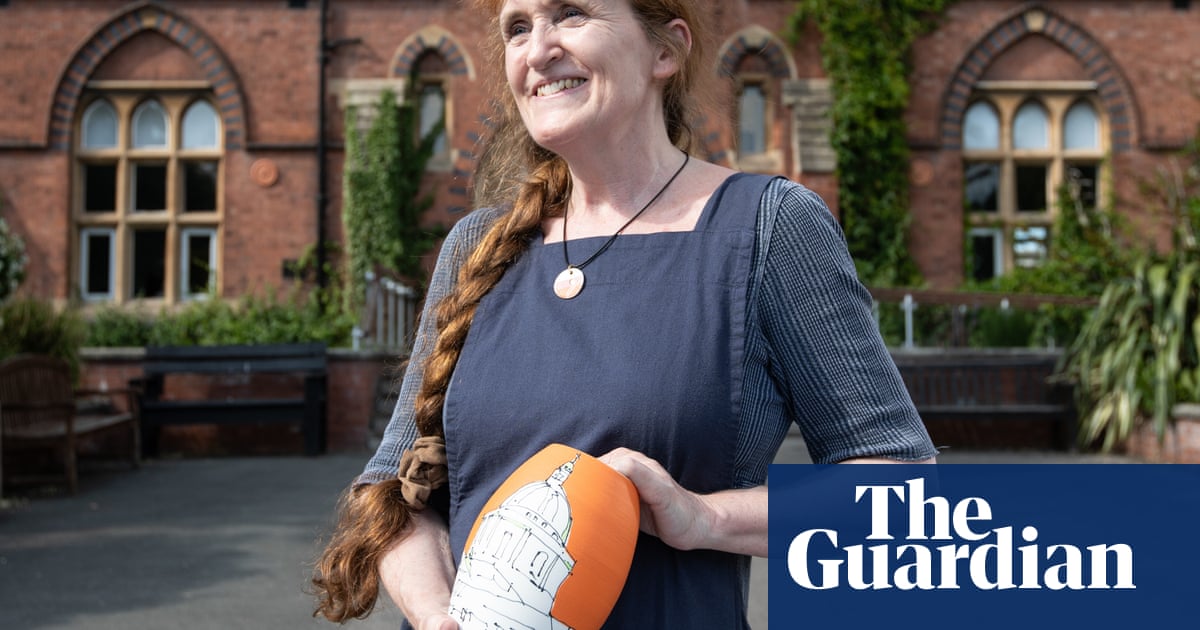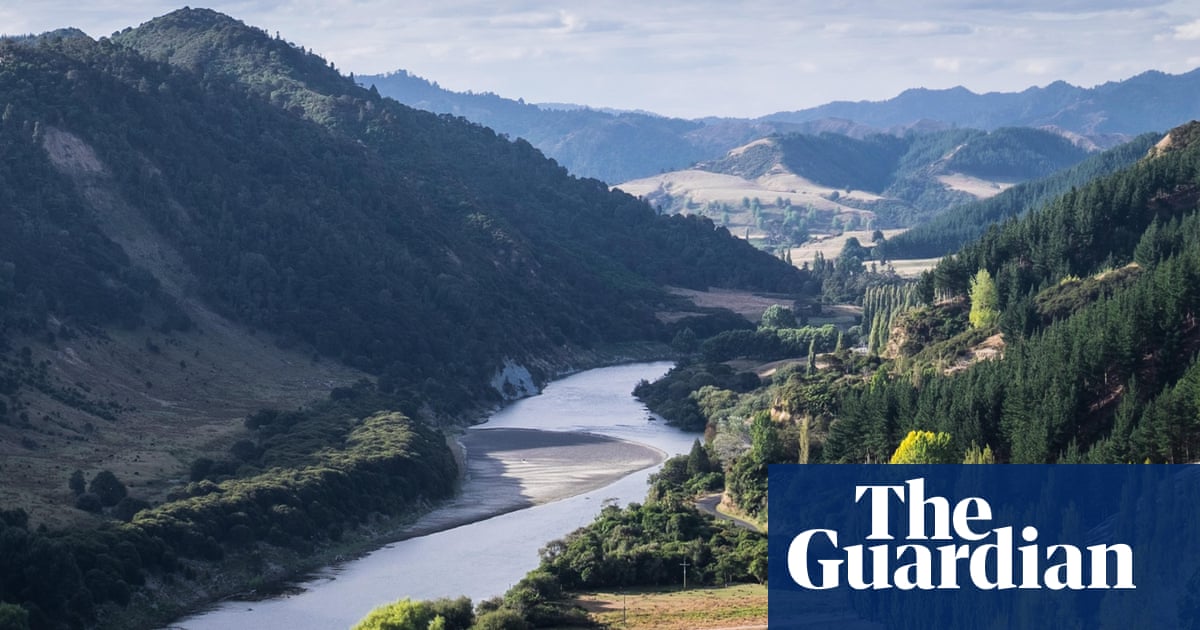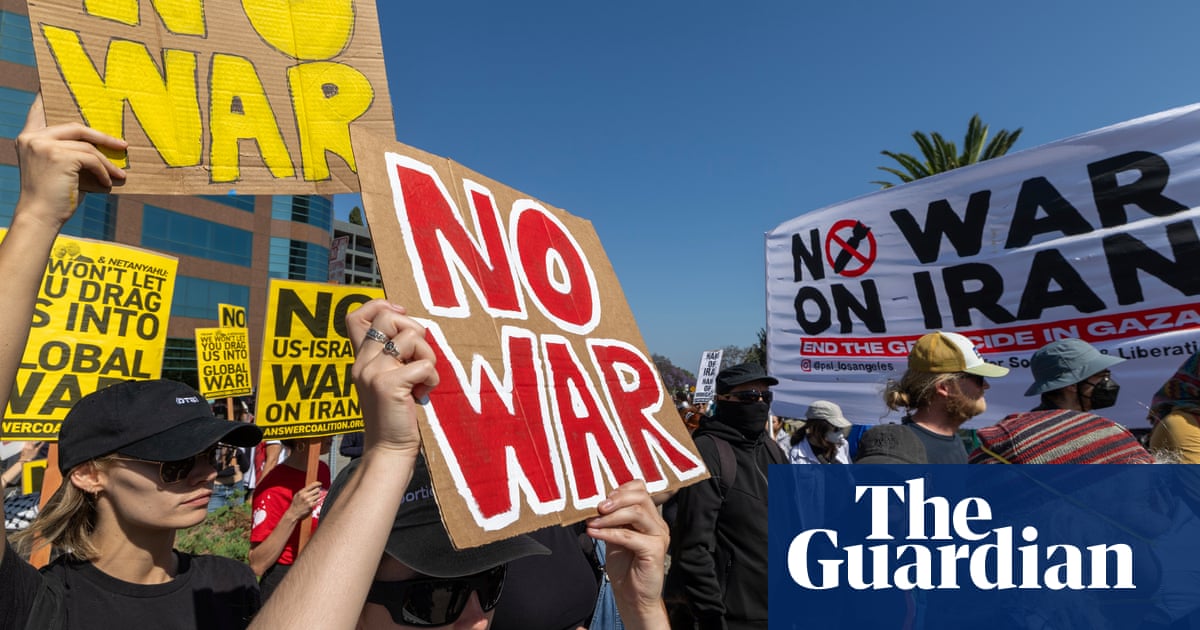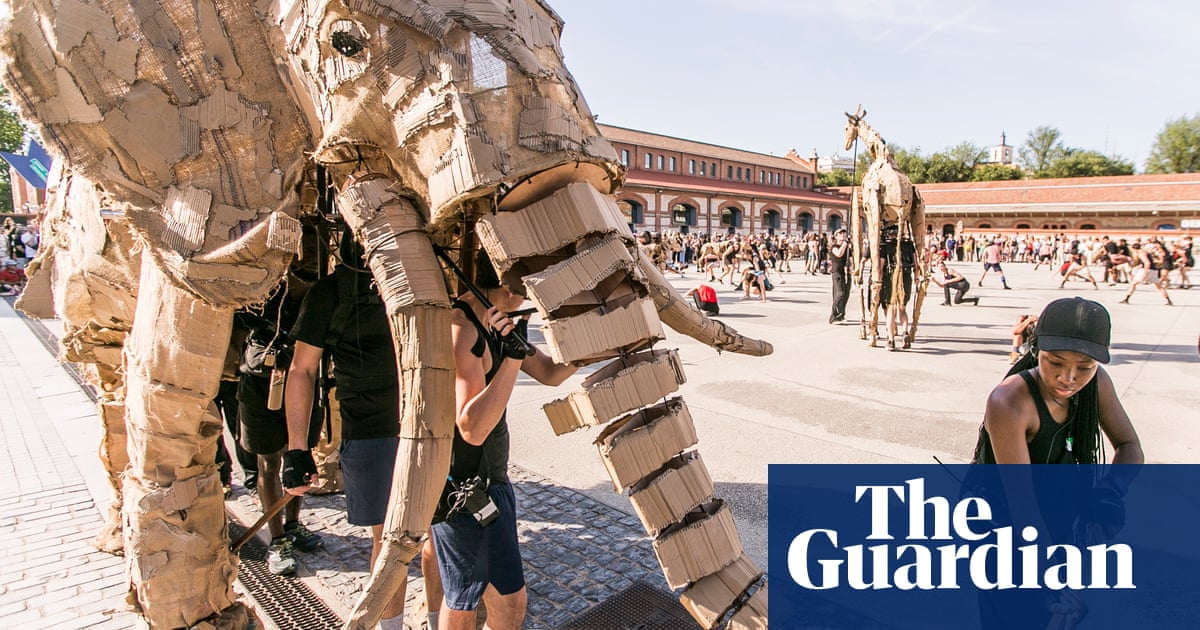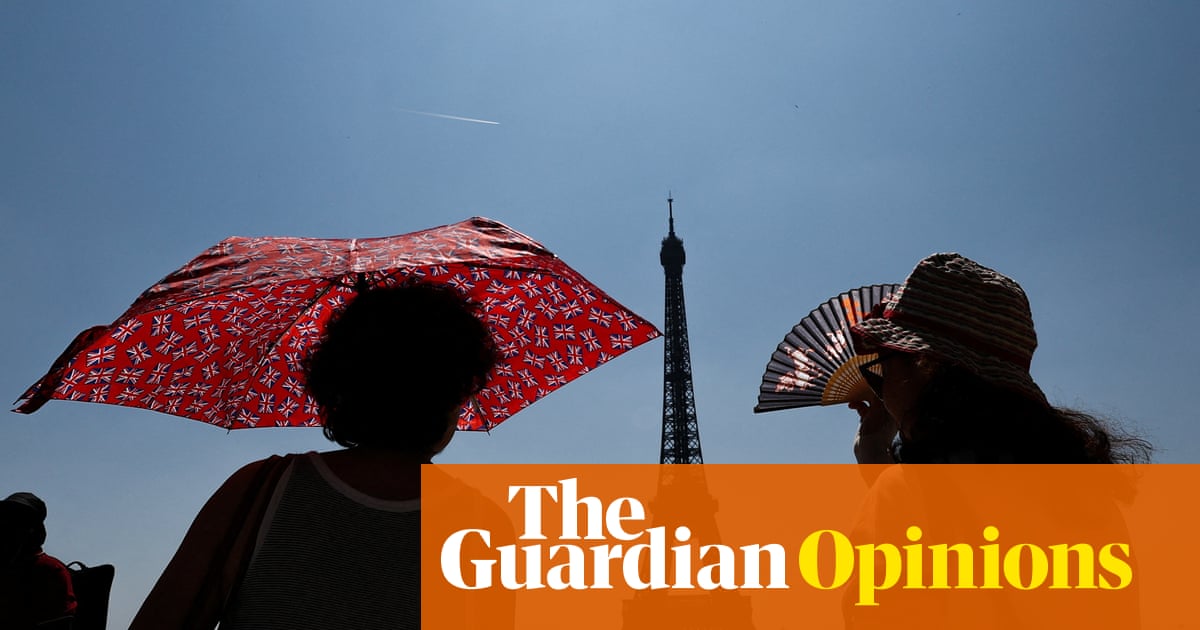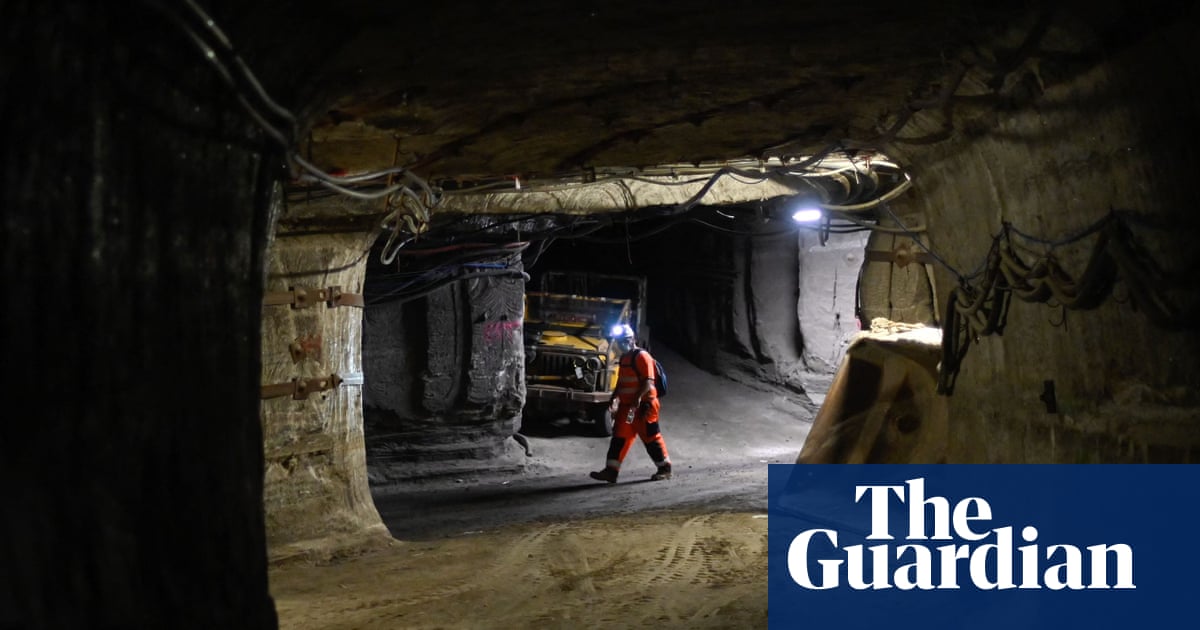The tens of thousands who have taken to Turkey’s streets over the last week are not all supporters of Ekrem İmamoğlu, the jailed political rival of President Recep Tayyip Erdoğan. They are outraged because they believe that the arrest of Istanbul’s mayor is a tipping point, with the country sliding from authoritarian democracy to outright autocracy.
Authorities have now arrested more than 1,400 protesters, including numerous photojournalists. They are clamping down on coverage of a movement that Mr Erdoğan describes as “evil”, but which is driven by anger at cumulative political repression and the parlous state of the economy.
The next presidential election is not due until 2028. But the arrest of Mr İmamoğlu for alleged corruption and terror links last week – he was subsequently charged on the former count – could hardly have more suspicious timing. It came days before his CHP party was to nominate him for the presidency. The night before his detention, Istanbul University annulled his diploma; a degree is required to run for the presidency. Both moves have been widely decried as politically motivated.
About 13 million people reacted by joining the 1.7 million CHP members in backing him as nominee, according to the party. Mr Erdoğan, too, was an Istanbul mayor who was jailed – only to triumph politically. That, however, was in a more volatile political landscape. In contrast, Mr Erdoğan has entrenched power over two decades. He weathered the mass Gezi Park protests in 2013 and used an attempted coup three years later to launch a wide-ranging purge that cemented his power and crushed broader dissent.
Term limits preclude him running again in 2028. But the fear is that he plans to do so by either changing the constitution or calling early elections. The jailed PKK founder Abdullah Öcalan’s recent call for fighters to lay down arms has raised questions over whether the government is attempting to draw support from a pro-Kurdish political party.
The ballot box has been one of the last places where Turkish citizens could truly have their say, even if opposition politicians – including Mr İmamoğlu – have often been hobbled both before and after elections. People were furious at punitive inflation – and the government has now spent up to $25bn stabilising the lira due to this self-inflicted crisis. Mr İmamoğlu’s affable image has also proved attractive to conservative voters who previously shied from his party. But Mr Erdoğan presumably hopes that anger will ebb and the economic situation improve before the next election.
The other dimension of the timing is international. Mr Trump, who likes strongmen, has just described Mr Erdoğan as a good leader. Europe is preoccupied by Ukraine and US security abandonment – with the latter meaning it seeks greater security cooperation with Ankara. Leaders previously swift to criticise Mr Erdoğan have been strikingly muted. Yet European governments have leverage if they choose to use it. They should.
At home, the CHP says that it is shifting from daily street protests to other means, such as economic boycotts. But these protests have seen a striking coalition of formal political opposition and frustrated young people with their own views and tactics. That relationship could disintegrate under those tensions. But their differences have so far proved fertile and could yet lead to a more spontaneous, less predictable and possibly more successful movement than Mr Erdoğan anticipates.
Do you have an opinion on the issues raised in this article? If you would like to submit a response of up to 300 words by email to be considered for publication in our letters section, please click here.

 2 months ago
51
2 months ago
51
